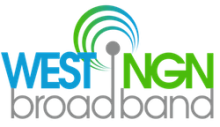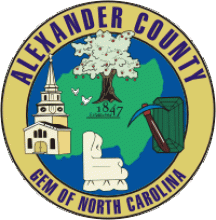North Carolina's WestNGN Releases Request For Negotiations: Responses Due September 21st
For the past year, six municipalities along with local colleges and universities have collaborated to lay the groundwork for fiber optic infrastructure in the greater Asheville area. The group, West Next Generation Network (WestNGN), is now ready to find a partner to begin hammering out details in order to realize the concept. They’ve released the WestNGN Broadband Request for Negation (RFN) and responses are due September 21st.
The plan closely resembles the North Carolina Next Generation Network (NCNGN) in the Research Triangle area of Raleigh, Durham, and Chapel Hill. WestNGN will include the communities of Asheville, Biltmore Forest, Fletcher, Hendersonville, Laurel Park, and Waynesville - all of which belong to the Land of Sky Regional Council. The Council has helped with administration and in drafting the RFN aimed at improving local connectivity and boosting regional economic development.
Strategic Alliance Partnership
WestNGN’s RFN states that they want to establish a Strategic Alliance Partnership with a single ISP or a group of ISPs that possess an interest in both providing service and in deployment. WestNGN puts negotiation of ownership of assets and use of those assets at the top of the list for discussion points, signaling that rhey aren't set on a fixed approach. Similarly, they hope to negotiate matters such as management, operation, and maintenance of local networks; ways to speed up deployment and reduce costs; and ways to better serve low-income residents.
Goals For The Network
WestNGN plans to bring gigabit connectivity to residents, businesses, and community anchor institutions in the region. They specifically state their priority for this level of capacity, but note that their future partner will have time to gradually implement it, if necessary. They also stress the need for symmetrical service speeds. Several employers in the region have determined that upload speeds - from their offices and for their employees at home - are increasingly desirable. The consortium has recognized that home-based businesses in the region are also multiplying every year.



